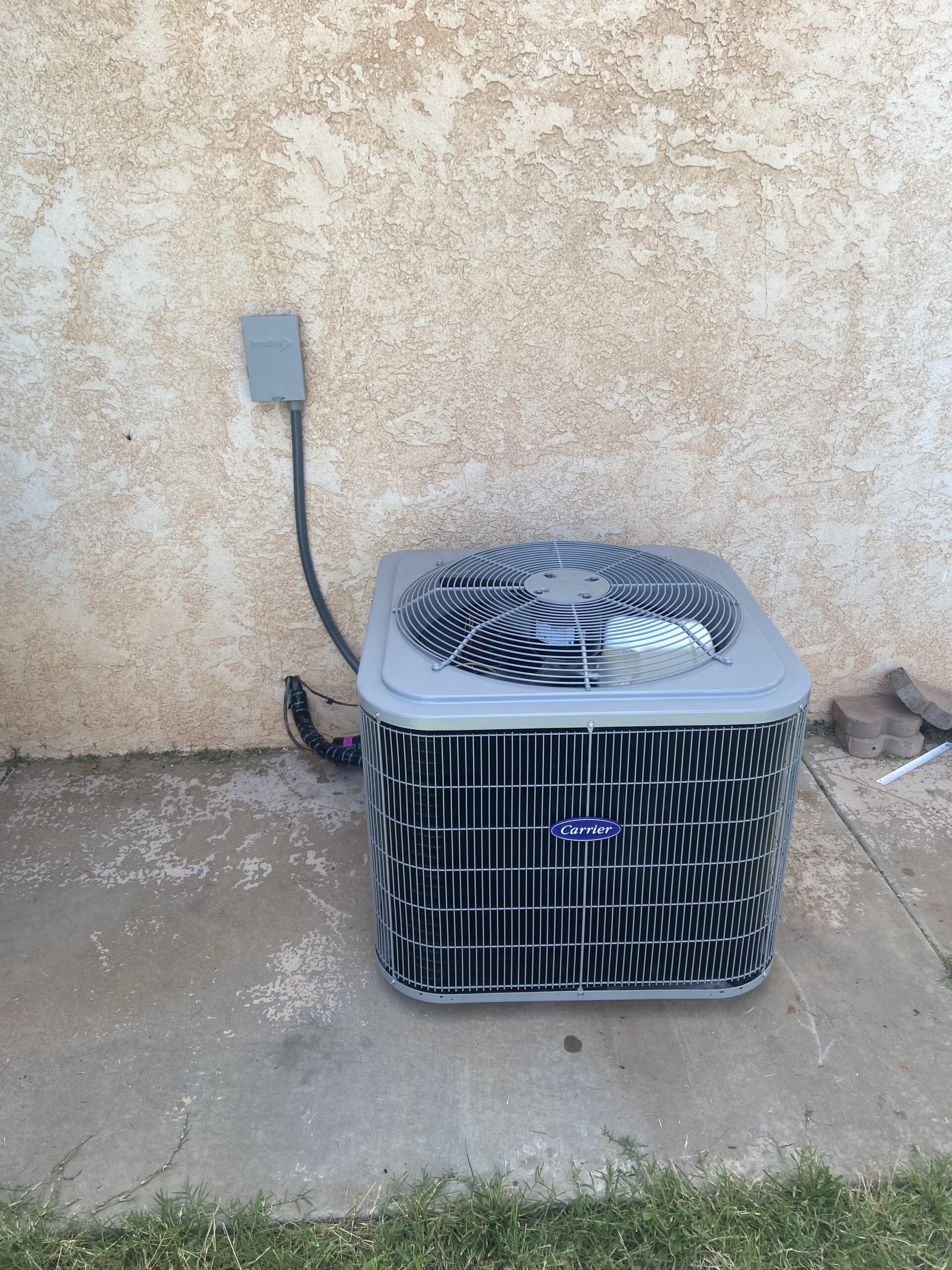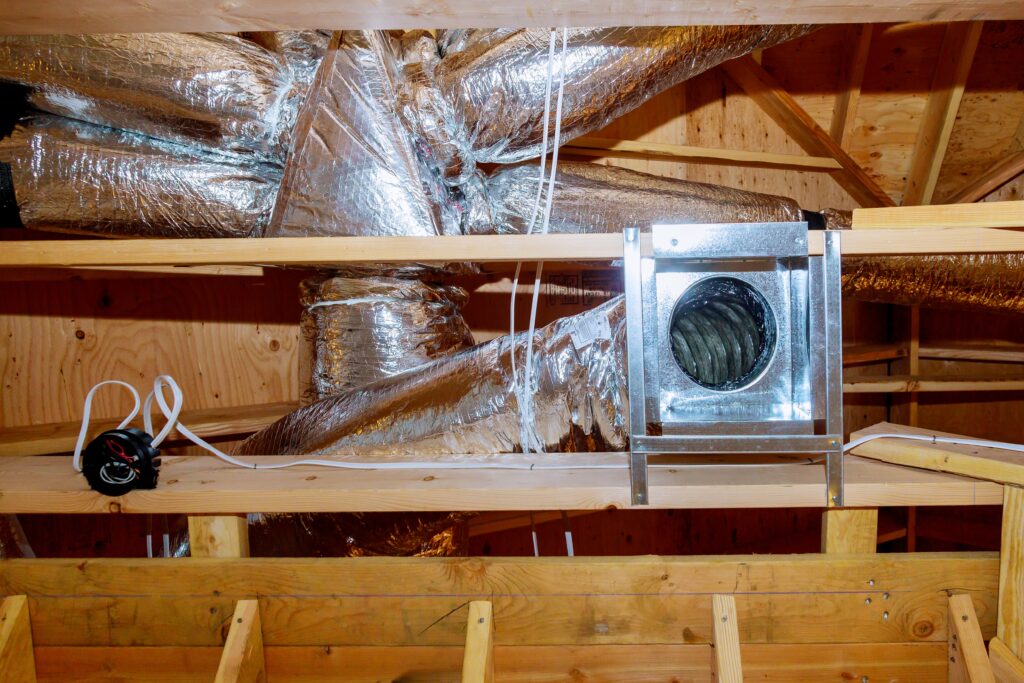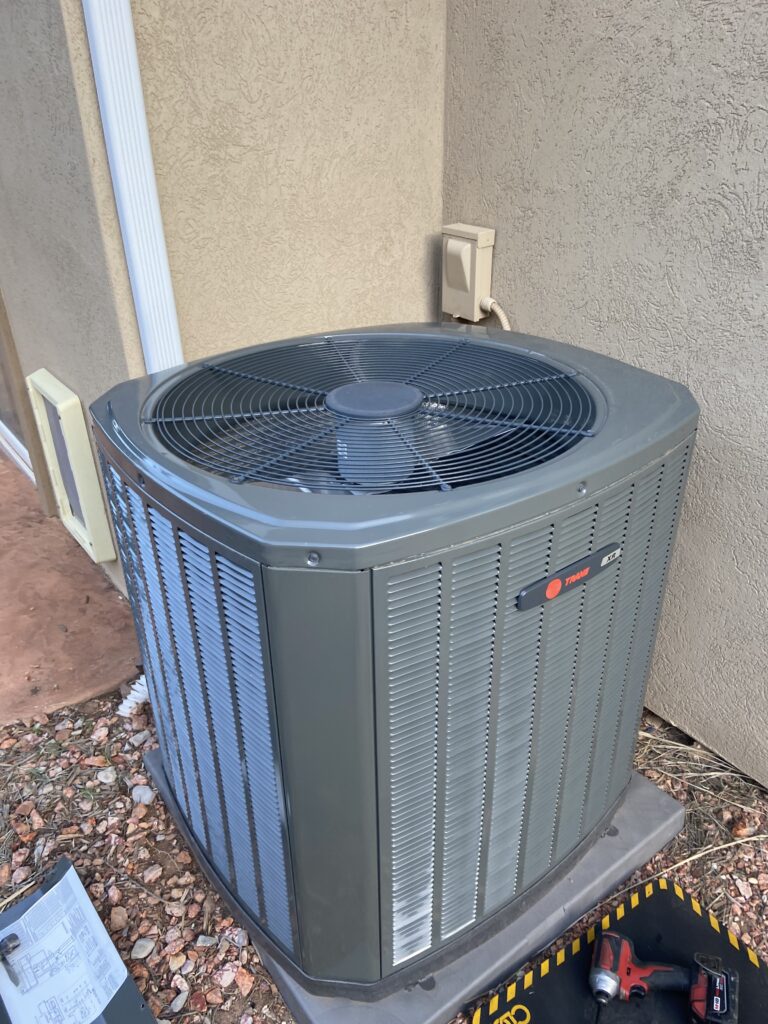Top 3 Reasons Your AC Short Cycles

A properly functioning air conditioner is the soundtrack of a comfortable summer in Hurricane. It is the steady, consistent hum of the outdoor unit and the gentle, continuous flow of cool air from the vents that provide a welcome and reliable escape from the intense desert heat. When that familiar rhythm is broken, it is a cause for concern. One of the most common and alarming sounds a homeowner can hear is the jarring, start-and-stop pattern of an air conditioner that is short cycling.
Short cycling is the term used to describe when an air conditioner turns on, runs for only a few short minutes, and then shuts itself off before it has properly cooled your home. A few moments later, it will often turn back on and repeat this brief, ineffective cycle over and over. This is not a minor quirk or a normal part of the cooling process. It is a critical warning sign that something is seriously wrong with your HVAC system. An air conditioner that is short cycling is not only failing to cool your home effectively, but it is also wasting a tremendous amount of energy and, most importantly, inflicting severe damage on its most expensive components with every abrupt start and stop.
Reason #1: Restricted Airflow
The most common and, fortunately, often the most easily fixable cause of AC short cycling is restricted airflow. Your air conditioning system is designed to breathe. It needs a constant and sufficient volume of warm indoor air to flow over its indoor evaporator coil to function correctly. When this airflow is blocked or significantly reduced, it throws the entire delicate balance of the system into chaos and will trigger a safety shutdown.

The number one culprit of restricted airflow is a severely clogged air filter. The filter’s job is to protect the sensitive internal components of your system from dust, pet dander, and other airborne debris. When it becomes completely saturated with these contaminants, it effectively chokes the system. The indoor blower fan has to struggle to pull air through the dense mat of dirt, leading to a dramatic drop in airflow. This lack of warm air passing over the frigidly cold evaporator coil causes the condensation on the coil to freeze into a solid block of ice. Your HVAC system has safety sensors that detect this dangerous condition, and they will shut down the compressor to prevent further damage. After the system has been off for a few minutes, the ice may begin to melt slightly, allowing it to try and start again, only to repeat the freezing process.
While a dirty filter is the most frequent cause, other issues can also lead to poor airflow. Be sure to check that your supply and return air vents are not blocked by furniture, rugs, or other household items. In more serious cases, the problem could be a layer of dirt and grime that has accumulated directly on the evaporator coil itself, or a failing blower motor that is no longer able to move the proper amount of air.
Interested in some maintenance services? Click here to learn more.
Reason #2: Low Refrigerant Levels
Another very serious cause of AC short cycling is a low refrigerant level. Refrigerant is the essential substance that circulates through your system, absorbing heat from inside your home and releasing it outside. It is important to understand that refrigerant is not a fuel; it does not get “used up” over time like gasoline in a car. Your air conditioner is a sealed, closed-loop system. If the refrigerant level is low, it means that you have a leak somewhere in your refrigerant lines or in the indoor or outdoor coils.
As the refrigerant level drops due to a leak, the pressure inside the system also drops. Your air conditioner is equipped with safety sensors, including a low-pressure switch, that are designed to protect the compressor from damage. When the pressure drops below a certain safe operating level, this sensor will automatically shut down the compressor to prevent it from running in a damaging, low-refrigerant state.
After the system has been off for a while, the pressure within the system can build back up slightly, enough to allow the system to try and start again. However, as soon as it begins to run, the pressure will quickly drop again, and the safety switch will shut it off once more. This creates the classic start-and-stop pattern of short cycling. Continuing to run an air conditioner with a known refrigerant leak is one of the fastest and surest ways to destroy the compressor. The only correct and professional solution is to have a licensed technician find the source of the leak, repair it, and then recharge the system to the manufacturer’s precise specifications.
Reason #3: An Oversized Air Conditioner
When it comes to air conditioning, the old adage that “bigger is better” is completely false. In fact, an air conditioner that is too large for your home can be just as problematic as one that is too small, and it is one of the primary causes of short cycling. A proper air conditioning system has two main jobs: to lower the temperature of the air and to remove humidity from it. Dehumidification is a process that requires longer, consistent run times.
When an oversized unit is installed, it is simply too powerful for the space it is trying to cool. It will blast the room with a large volume of cold air, satisfying the temperature setting on your thermostat in just a few minutes. As soon as the target temperature is reached, the thermostat signals the system to shut off. However, because the system only ran for a short period, it did not have nearly enough time to remove the uncomfortable, sticky humidity from the air. The house is left feeling cold and clammy, not crisp and comfortable, which is a significant comfort issue in the sometimes-monsoonal climate of Southern Utah.

This leads to a frustrating and incredibly inefficient cycle. The thermostat is satisfied, but the latent heat and high humidity quickly make the room feel warm again, causing the temperature to rise and the thermostat to call for cooling just a few minutes later. This constant starting and stopping is the very definition of short cycling. It is also extremely damaging to your equipment. The startup of the compressor is the part of the cycle that requires the most energy and places the most strain on the components. An oversized system that is constantly starting and stopping can dramatically shorten the lifespan of the compressor. The only true solution for an oversized unit is to replace it with a properly sized one, which is why a professional load calculation before installation is so critical.
An air conditioner that is short cycling is a system in distress. It is never a normal condition, and it should not be ignored. Whether the root cause is a simple clogged air filter, a serious installation error like an oversized unit, or a mechanical failure like a refrigerant leak, the result is the same: a home that is not properly cooled, sky-high energy bills, and an air conditioner that is rapidly destroying itself with every inefficient cycle.
The moment you notice your air conditioner beginning to short cycle, the wisest and most cost-effective course of action is to turn the system off at the thermostat to prevent any further damage from occurring. Then, make the call to a trusted professional. We encourage homeowners in Hurricane and the surrounding Southern Utah communities to contact the expert technicians at Heatwave Solutions. We have the diagnostic tools and the experience to accurately pinpoint the cause of the problem and to recommend the right solution to restore your system’s performance, protect your investment, and bring welcome relief back to your home.

